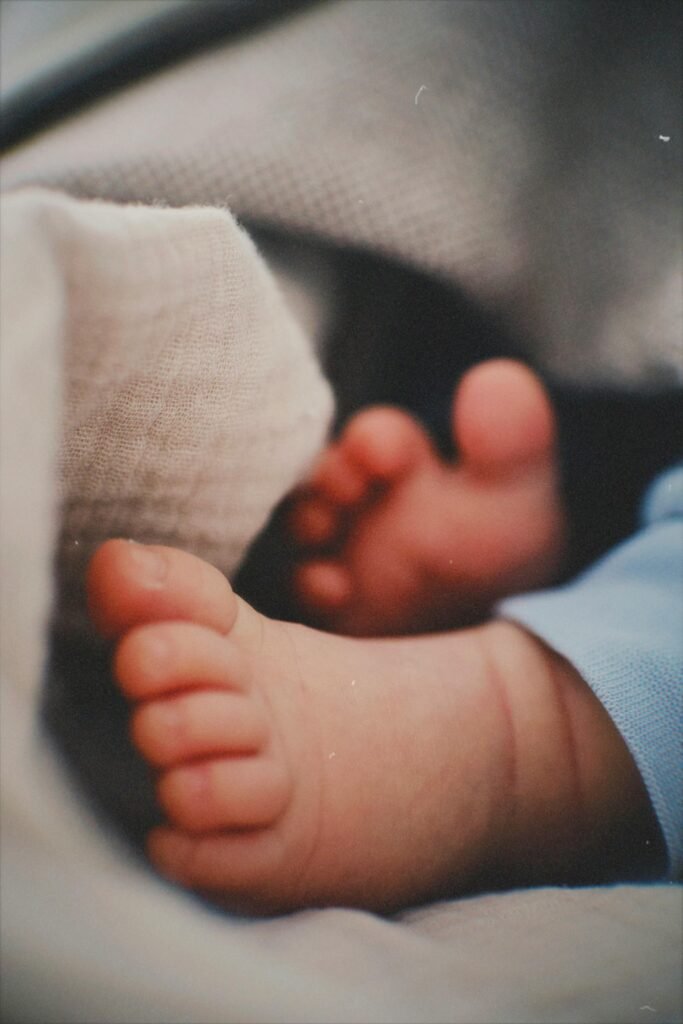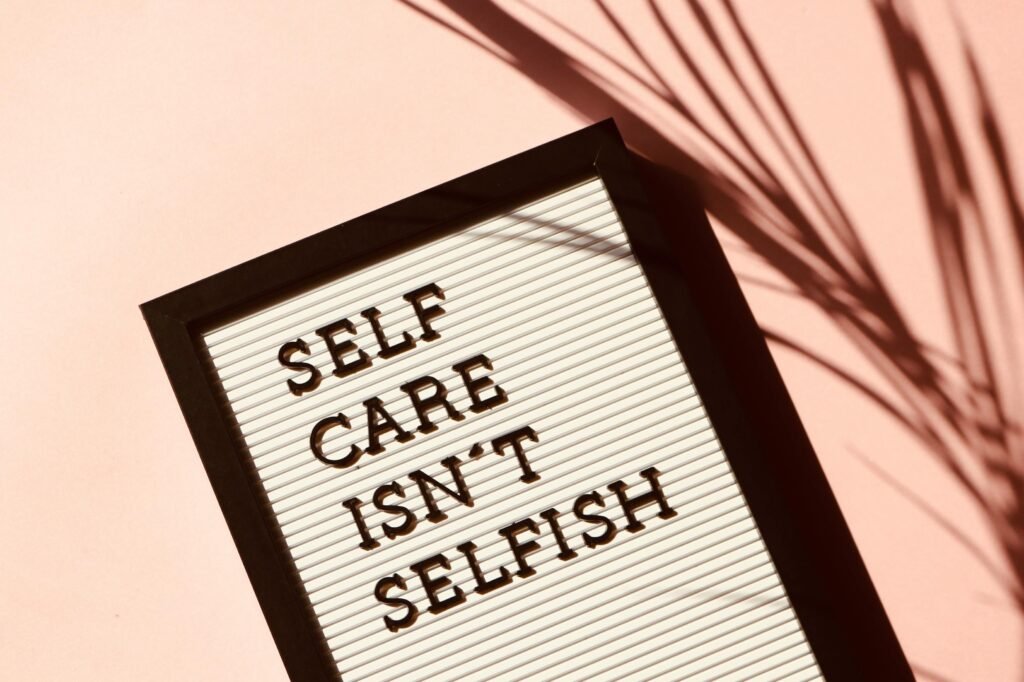
Enjoying the new born phase
Embracing the Joyful Chaos

The early days of welcoming a newborn are characterized by a unique blend of magical moments and chaotic experiences. It is a time when life seems to revolve entirely around the new addition, and every coo and gurgle can feel like a profound connection. New parents often find themselves enveloped in a whirlwind of emotions, ranging from overwhelming joy to profound exhaustion. This beautiful chaos, however, deserves to be cherished, as it represents a fleeting phase of life that will pass all too quickly.
During these initial weeks, it is crucial for parents to savor every moment, fully engaging in the experience of bonding with their baby. The act of caring for a newborn facilitates an unbreakable attachment, fostering a sense of love and security for both the baby and the parents. Despite the challenges posed by sleepless nights and the demands of feeding schedules, these moments provide invaluable opportunities to develop deep emotional connections. Parents should allow themselves to navigate through this joyful chaos without the pressure of adhering to a strict routine or timeline. Instead, immersing oneself in the experience can lead to transformative growth for both the caregiver and the child.
Moreover, reflecting on the small joys amid the tumult can be incredibly rewarding. The gentle touch of tiny fingers, the comforting sounds of soft breaths, and even the simple sight of a peaceful baby sleeping can create lasting memories that anchor parents in the present moment. As everything else fades into the background, it becomes evident that this phase is not just about nurturing the newborn but about building a relationship founded on love and trust. By embracing the enchanting disorder of new parenthood, caregivers can cultivate a nurturing environment that supports both their wellbeing and that of their newborn.

Navigating the Physical Challenges
Welcoming a newborn into the family is a joyous occasion, but it can also present various physical challenges for new mothers, especially those who have experienced vaginal births. The recovery process is essential not only for the mother’s well-being but also for her ability to care for her infant effectively. It is crucial to prioritize self-care during this period, which can significantly aid in physical healing.
One effective method to alleviate discomfort during recovery is creating soothing ‘padsicles.’ These are essentially frozen pads infused with calming ingredients such as aloe vera and witch hazel. The cooling effect can help reduce swelling and provide relief from any post-delivery soreness. Simply soak sanitary pads in the soothing mixture, freeze them, and use them as needed to promote comfort while healing.
In addition to ‘padsicles,’ using a peri bottle is recommended for gentle cleansing after using the bathroom. This device allows mothers to cleanse the perineal area without triggering additional irritation, making it an invaluable tool for personal hygiene. Utilizing warm water in the peri bottle can provide additional relief during this sensitive time.

Maintaining proper hygiene is also critical for new mothers recovering from childbirth. Showering daily is beneficial in promoting cleanliness and can contribute to physical and mental well-being. A warm shower not only detoxifies the body but can also serve as a relaxing moment amidst the routine challenges of caring for a newborn.
Furthermore, when using the bathroom, leaning forward can help alleviate discomfort and make the process easier. Adopting this position may reduce pressure on the perineal area, essential for mothers navigating physical challenges post-delivery. By incorporating these practical tips into daily routines, new mothers can create a supportive environment that plays a pivotal role in their recovery journey.
Planning for Postpartum Nutrition

Meal preparation during the postpartum period is an essential aspect of recovery for new parents. With many changes occurring in the household, having a well-planned nutrition strategy can significantly ease the transition into parenthood. One effective approach is to prepare freezer meals in advance. Freezer meals offer both convenience and a variety of options that provide necessary nutrients, helping to restore energy levels and promote healing after childbirth.
When planning meals ahead of time, consider focusing on recipes that are rich in protein, healthy fats, and a variety of vitamins and minerals. These nutrients are crucial for recovery and can also help sustain energy during those demanding early days of parenthood. Preparing meals in bulk allows new parents to store portions in individual containers, making it easy to grab a meal when time is scarce. Organizing meal planning logistics, such as creating a schedule for cooking and designated days for shopping, can further streamline this process.
It is also vital for new parents to embrace the support offered by family and friends. Accepting help can alleviate the often overwhelming workload associated with a newborn. Encouraging loved ones to assist with meal preparation not only provides practical assistance, but it also fosters a sense of community and shared responsibility. New parents might feel inclined to host gatherings early on, but it is important to prioritize rest and recovery over playing the role of a gracious host.
Incorporating these meal planning strategies can greatly enhance the postpartum experience. Effective preparation and accepting help will allow new parents to focus on bonding with their newborn while ensuring they are nourished and energized for the challenges ahead.
Finding Balance and Encouraging Connection

During the early days of parenthood, finding a balance between caring for a newborn and attending to one’s own needs is crucial. New parents often prioritize their baby’s well-being, which is completely understandable, yet neglecting personal self-care can lead to feelings of overwhelm. Establishing a routine that includes designated times for bonding with the baby and moments for personal downtime can be instrumental in maintaining this balance. Short outdoor breaks, even for a few minutes, can rejuvenate a parent’s mind and spirit, helping to foster emotional resilience.
Support from family and friends can play a significant role in creating a nurturing environment. Encouraging visitors to lend a helping hand—whether by cooking, cleaning, or simply providing companionship—can alleviate some pressure and allow parents to recharge. It’s essential for new parents to communicate their needs while also embracing the love and encouragement that comes from shared connections. This social support not only uplifts spirits but also helps in the transition into parenthood.

Moreover, capturing these fleeting early moments through photography can serve as a delightful reminder of the special memories being created. Parents should take the time to celebrate these small victories, as every smile, coo, and tiny milestone forms a part of the larger tapestry of their parenting journey. Engaging with the outside world, through social activities or simply being in nature, can enhance mental and emotional health, paving the way for a healthier approach to parenthood.
In conclusion, fostering a balance between nurturing the newborn and caring for oneself is vital. By integrating personal downtime, seeking support from others, and celebrating the joys of each day, new parents can create a fulfilling and joyful experience during this transformative phase of life.




